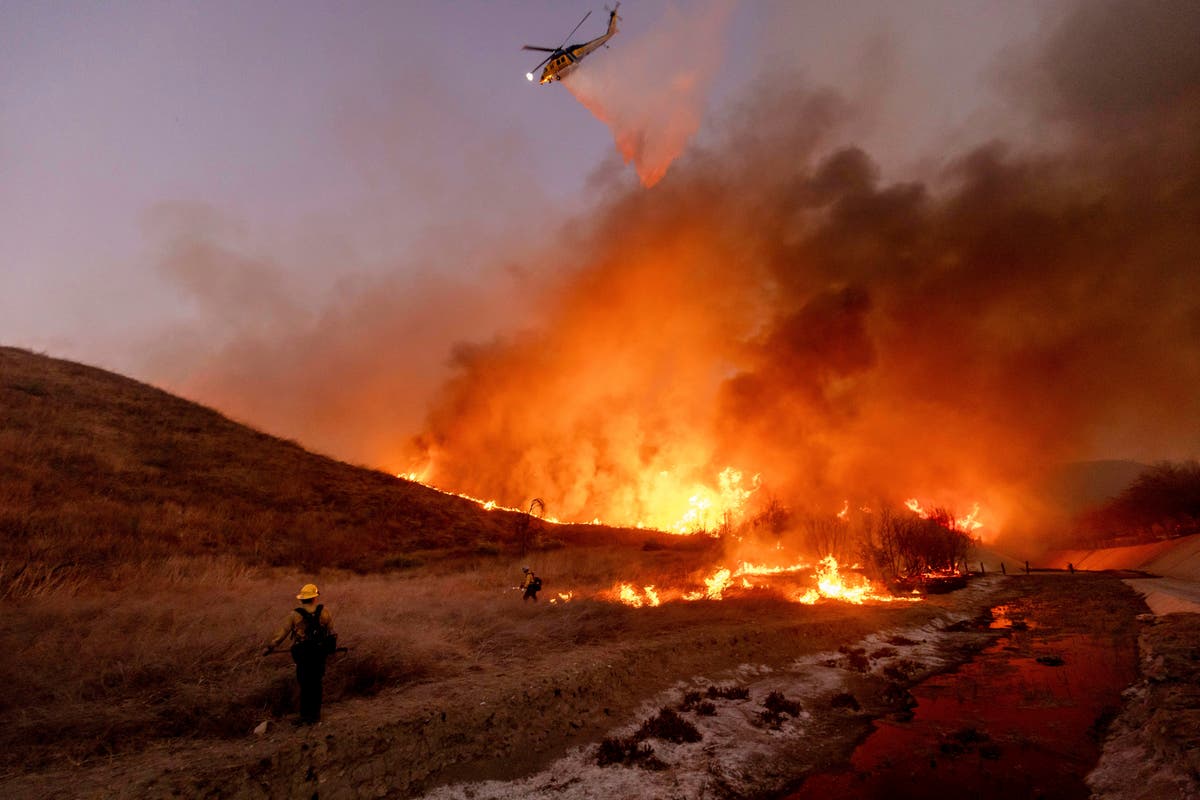- Russia’s neighbors are increasing their defense capabilities in case of an assault.
- They say they will need to move as speedy as doable, which means building moves over and above NATO.
- “We are not only sitting here and ready for what NATO will do,” Estonia’s protection minister mentioned.
As Russia’s neighbors anxiously view the invasion of Ukraine, they are transferring to bolster their own defenses and occur to new agreements further than the NATO construction as they attempt to act as rapid as doable.
Japanese and Northern European nations around the world — many of which share borders with Russia, have earlier been at war with Russia, or once fought for independence from the Soviet Union — have continuously warned they have to be all set for any attacks, even if they and military industry experts feel it an not likely scenario.
Offered their proximity to Russia, some countries say preparation should be finished as promptly as achievable, with defense units to be beefed up quickly — a thing that would have to have motion outside of NATO’s broad constructions.
The protection minister of Latvia — a NATO member and Russian neighbor — instructed Insider in July that he needs to convey again necessary military support in circumstance of a Russian attack so unexpected that NATO can’t reply instantly.
“Even if we are a NATO member state, our to start with obstacle and danger is coming from a really fast assault from Russia,” Artis Pabriks reported.
“We have been of system calculating how quite a few forces Russia can acquire at our borders inside 24 or 48 several hours. And realizing that NATO will require a selected time to replicate on that, we ought to be ready ourselves to protect each inch and just about every centimeter of our territory.”
‘Ready to fight’
Nations in the vicinity of Russia have also launched a flurry of procedures and agreements responding to Ukraine’s invasion, including a new defense pact between Norway, Sweden, Denmark, Finland, and Iceland and an settlement between Poland and the Czech Republic to raise their militaries.
Estonia’s protection minister, Hanno Pevkur, told Insider he was joyful with the ways NATO is getting, but claimed of his state and its Baltic neighbors: “We are not only sitting down in this article and waiting for what NATO will do.”
He claimed Estonia invested around $800 million this calendar year on protection, with far more predicted, and that he needs to double the measurement of the country’s volunteer defense force. Estonia is in discussion with its neighbors, and Pevkur mentioned he hopes for important new protection agreements that could help prevent Russia.
“Estonia has to be ready to battle,” he said.
NATO is stronger than at any time
The offers remaining finished are not ones that normally would be done by way of NATO’s structures in any case, but they are substantial as the nations request to increase their defenses.
Edward R. Arnold, a investigation fellow for European security at the Royal United Companies Institute believe tank, informed Insider that nations around the world are not snubbing NATO, but rather producing agreements in line with what the region requires: “They are not there to detract from NATO membership in any way, but to tackle regional stability requirements that are pretty distinct.”
Indeed, assistance for NATO appears only to have grown.
Sweden and Finland applied to sign up for the alliance, and are anticipated to be approved quickly, after they reach an agreement with Turkey about some of its problems.
And associates say they want even a lot more support from NATO. Some have for months questioned for far more NATO troops in their nations around the world, for instance. Those people quantities are growing, but not as rapidly as the nations desired and not in all that wished it.
Moving at pace
Without a doubt, regardless of that support, some NATO customers acknowledge its measurement usually means finding items done can be hard.
Estonian Primary Minister Kaja Kallas instructed International Plan in March: “Multilateralism is tough: In NATO, we have 30 nations In the European Union, there are 27, all of them democracies. It takes time.”
To place it merely, Pevkur said: “To discuss with another person bilaterally is usually much easier than speaking with 30 counterparts.”
“You have to be flexible to get the final results you want,” he added. “When the want is for bilateral stage, then you will do it on bilateral degree. When the require is for trilateral or multilateral, then you do it like this. When the require is on the NATO level, then you do on the NATO amount.”
Arnold, of RUSI, mentioned he will not believe that NATO is gradual, but stated bilateral agreements are ordinarily a lot quicker: “The velocity of operation is about what you would hope from an business of that measurement and complexity.”
For some nations around the world, that velocity that comes from smaller agreements is crucial.
As Pabriks, Latvia’s defense minister, put it: “We need to be prepared ourselves to defend each individual seaside and every centimeter of our territory.”



